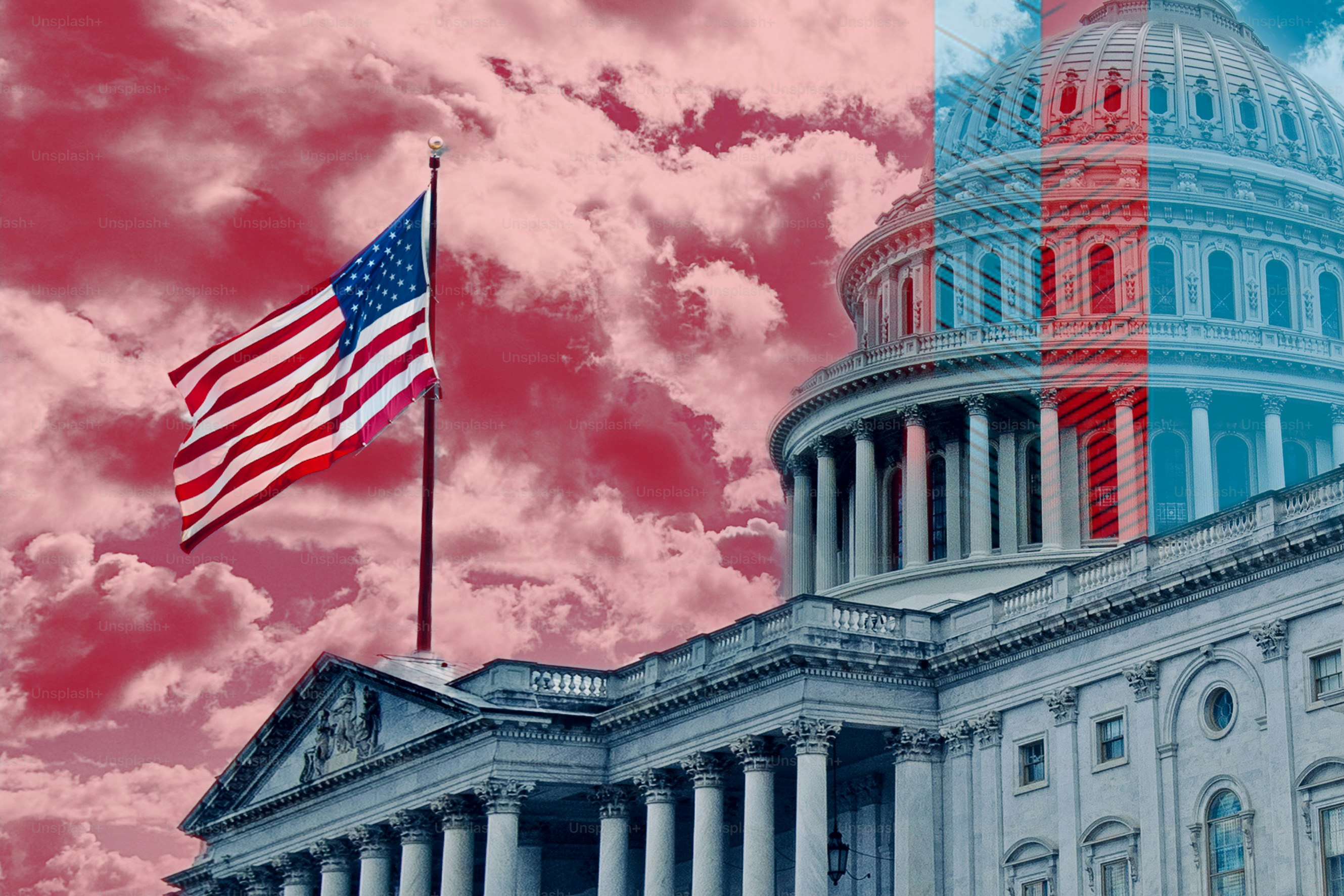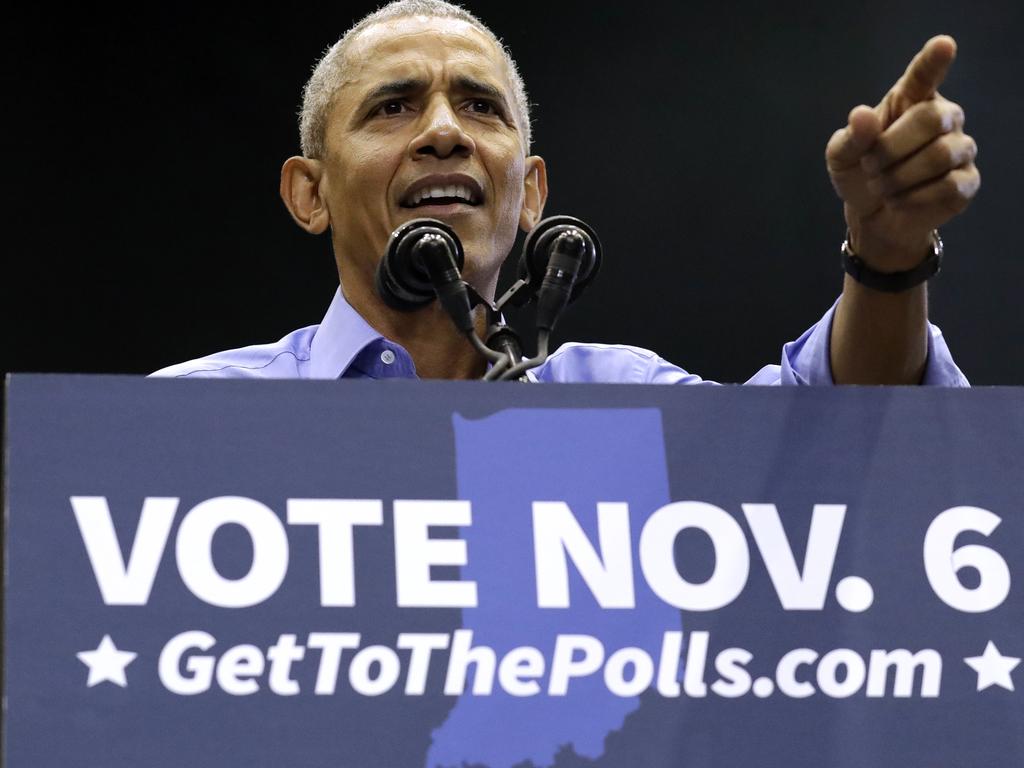Folks, the chickens are coming home to roost for Trump’s trade war. It’s no longer just the Democrats sounding the alarm; even Republicans, the very people who once stood by his side, are now subtly – and desperately – seeking an escape route.
According to a report from The Hill, a growing number of GOP lawmakers, privately horrified by the economic fallout, are pinning their hopes on the Supreme Court to step in and halt this self-inflicted wound. They can’t openly criticize the President, fearing a brutal backlash, so they’re banking on a judicial savior. Smart, but also a damning indictment of their own courage, wouldn’t you say?
Veteran Republican strategist Brian Darling put it bluntly: “Members are afraid to come out publicly against the president because the cost is too high. They’d like the Supreme Court to step in and defend the House’s constitutional authority on the power of the purse.”
Let’s break down why this matters. The core issue isn’t just about tariffs; it’s about constitutional authority.
The U.S. Constitution grants Congress the sole power to levy taxes. Trump’s tariffs are, in essence, circumventing this fundamental principle.
The Supreme Court argument? Are tariffs functionally equivalent to taxes, and if so, shouldn’t they require Congressional approval? This is the legal tightrope walk some Republicans hope will yank the rug out from under the trade war.
Moreover, polling data is screaming at them: these tariffs are unpopular. They’re hitting consumers in the wallet and threatening the reelection prospects of vulnerable Republicans. Even Ted Cruz, a Trump stalwart from Texas, admitted tariffs are essentially a tax hike on American families. That’s right, Ted Cruz! The cracks are widening, people. This isn’t just a policy debate; it’s a political survival instinct kicking in.
This is a pivotal moment. The GOP is facing a stark choice: continue to enable a damaging policy or protect their own interests—and uphold constitutional principles in the process. I’m betting on self-preservation. We’ll see if the Supreme Court agrees.






